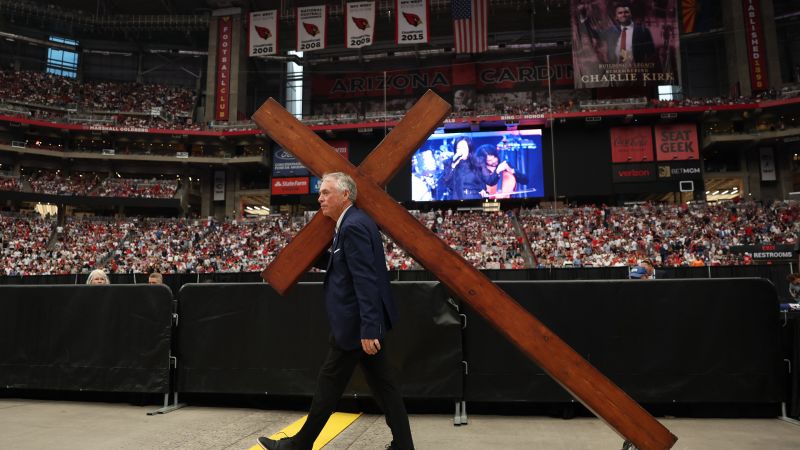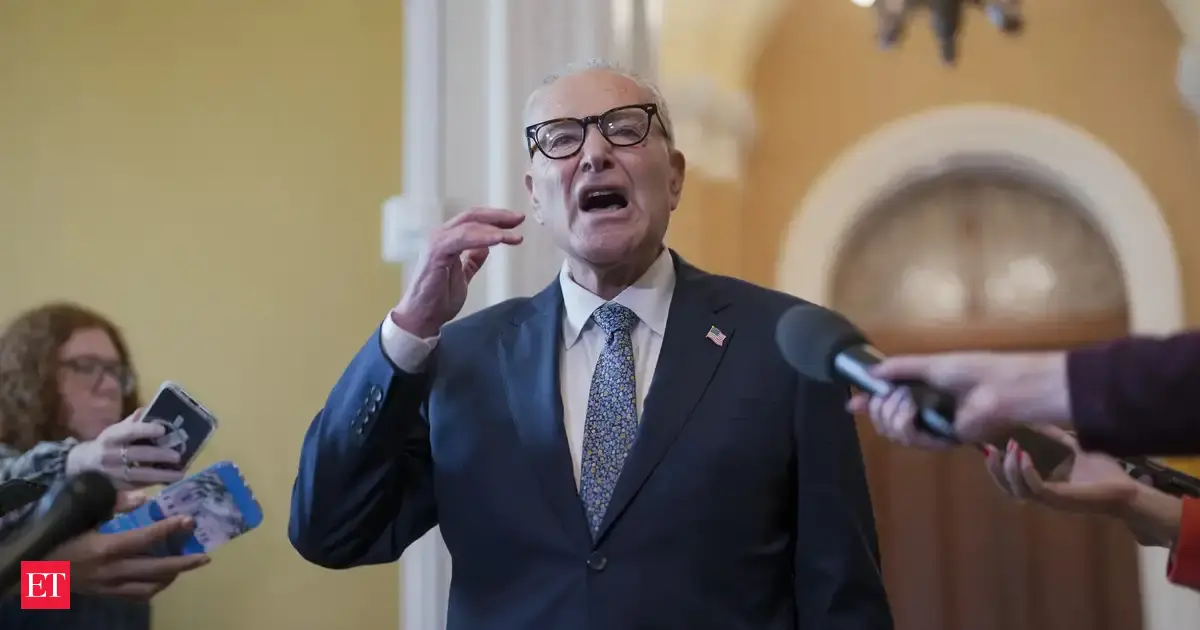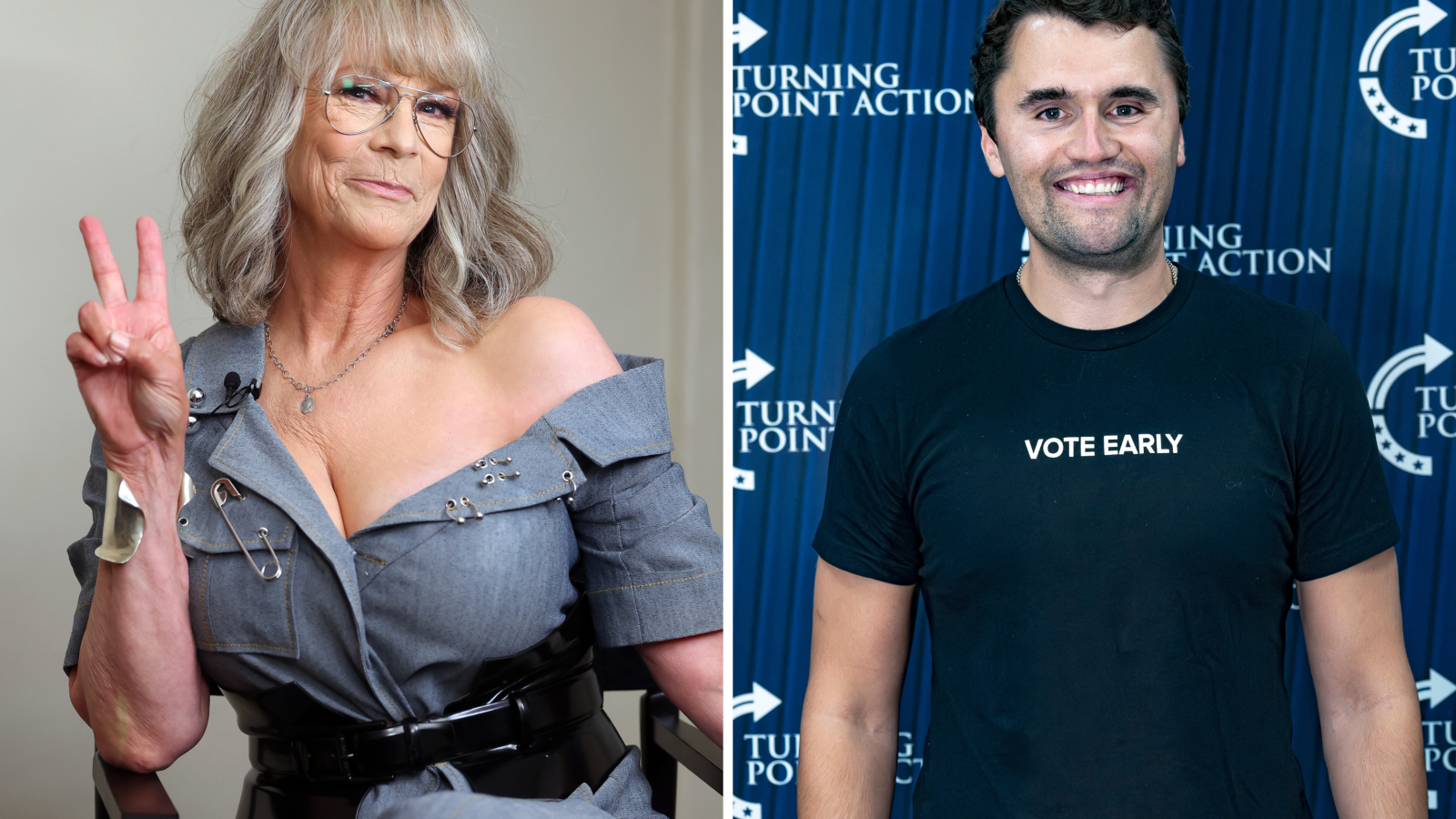
A version of this story appeared in CNN’s What Matters newsletter. To get it in your inbox, sign up for free here.
Americans are used to hearing about the tradition of separating church and state, but the two are increasingly fused in President Donald Trump’s administration.
The First Amendment, after all, in addition to guaranteeing free speech, says that Congress shall “make no law respecting an establishment of religion, or prohibiting the free exercise thereof…”
US leaders talk about Jesus Christ at Kirk’s funeral
Never in recent memory have Americans seen more top government officials speak so openly about Jesus Christ as they did at Charlie Kirk’s memorial, which Trump described as “an old-time revival” rather than a funeral.
It makes sense that Kirk’s funeral would feature religious overtones: Conversion was at the core of Kirk’s conservatism, something praised by the country’s assembled top political leaders who attended his funeral, including the president, the vice president, the speaker of the House of Representatives and much of the president’s Cabinet.
Saying God is on their side
The podcaster Benny Johnson talked about the idea of “Godly government” and pointed down at Trump’s assembled Cabinet secretaries.
“God has given them power over our nation and our land,” he said, adding it was God who saved Trump from a different assassin’s bullet “for this moment.”
Trump officials said God is on their side as they go after their political enemies.
“We are on the side of goodness. We are on the side of God,” White House adviser Stephen Miller said in a speech that, like Trump’s, promised retribution against an unnamed evil, though evidence release so far suggests Kirk’s alleged assassin acted alone.
Secretary of State Marco Rubio delivered a sermon that concluded with discussion of the Second Coming.
Vice President JD Vance, who referred to Kirk as a “warrior for country, a warrior for Christ,” counseled Americans to “live worthy of Charlie’s sacrifice and put Christ at the center of your life.”
Where does religious belief veer into Christian nationalism?
Christian nationalism is the concept — rejected by many scholars — that the US was formed as a Christian nation and that Christianity should imbue its laws.
Many Trump administration actions follow through on this concept. In the days before Kirk was assassinated at Utah Valley University, Trump delivered a speech at the privately funded Museum of the Bible in Washington, DC, where he promised to protect prayer in public schools through forthcoming guidance from the Department of Education.
“To have a great nation, you have to have religion,” Trump said. “I believe that so strongly. There has to be something after we go through all of this — and that something is God.”
Religion at the Department of Justice
After that September 8 speech, Trump met with the Religious Liberty Commission he created by executive action at the Department of Justice.
Among the commission’s charges is “Exploring the foundations of religious liberty in America,” and “identifying current threats to domestic religious liberty.”
Trump labeled previous Justice Department prosecutions of anti-abortion rights protesters outside clinics as a form of anti-Christian bias.
A pastor with pull on Christian nationalism
Last month, CNN’s Pamela Brown profiled self-described Christian nationalist pastor Douglas Wilson, who has ties to Secretary of Defense Pete Hegseth. Wilson is based in Idaho, but his organization has opened an outpost in the nation’s capital. Wilson, who appeared at Kirk’s “The Believer’s Summit” in 2024, told Brown he would like the US to be a Christian theocracy. He would also like to make homosexuality illegal.
New IRS rules for pastors in politics
In July, Trump’s IRS declared that pastors who endorse political candidates should not lose their tax-exempt status.
Proselytizing in the federal workplace
That same month, the Office of Management and Budget said that federal workers can now bring religion into the federal workplace, including promoting their religious beliefs to colleagues.
Hegseth has hosted working-hours prayer services at the Pentagon. One in May featured the pastor of his Tennessee church, which is affiliated with Wilson’s Communion of Reformed Evangelical Churches.
Many Americans wouldn’t agree
The Public Religion Research Institute has tried in recent years to gauge Christian nationalism and how it is spreading in the US. In 2024, it estimated that about 30% of Americans would qualify as either adherents of or sympathizers to Christian nationalism, according to their definition, including a majority of Republicans.
But the portions vary widely across the US. About half of the people in some Southern states like Mississippi, Louisiana, Oklahoma and Alabama are either adherents or sympathizers, compared to only about a third in red states like Florida and Texas.
In many blue states, less than a quarter of residents either adhere to or sympathize with Christian nationalism, according to PRRI, which means a large portion of the country also does not share their philosophy about the role of Christianity in the government.



